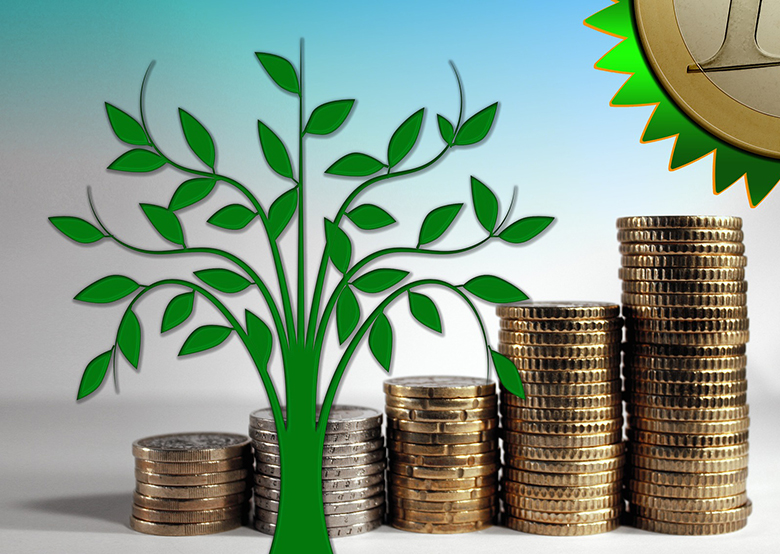Slowly, often imperceptibly, the financial sector’s green agenda grinds into gear. It is worthy and righteous, yet it can feel like pulling teeth. HSBC is the latest global bank to hit the news with its green deposit account, offered to corporate clients by its office in Singapore, which will accept deposits in US and Singaporean dollars, and will fund renewable energy and biodiversity projects.
HSBC starts by identifying the source of deposits, the bank’s Singapore head of global liquidity and cash management David Koh tells Euromoney. “If we can’t identify the traceability of deposits, we won’t work with them. If a business is looking to salve its conscience by putting deposits to work with us, we’ll say no. It goes counter to what we’re trying to achieve.”
Clients get a quarterly portfolio showing how funds are deployed and which projects are targeted. It’s a first for HSBC, which launched an identical version targeted at UK firms, with more to follow in 2020 – though Standard Chartered beat them to the punch, launching its sustainable deposit account, available to corporate and retail clients, in Singapore last October.
It will take time to shift gear [on sustainability]
– Frances Chen, HSBC Singapore
HSBC’s account took its first green deposit in the first week of February.
“More will follow,” promises Koh. “It was a deposit from a building materials company.”
This is perhaps not the first sector that springs to mind as a source of deposits for a product that is designed to be green.
“The first clients are European, from the engineering, construction and commodities sectors, and we are having conversations with a number of local and multinational companies, including fund managers, real estate and logistics,” Koh continues.
Reshaping finance
Sustainability is being driven from the top down by global financial institutions – not just by the two trailblazing London lenders, but also by the likes of BlackRock. In January, Larry Fink, chairman and chief executive of the world’s top asset manager, warned of a “fundamental reshaping of finance” due to rapid and intensifying climate change.
But this is a long road, and elite banks and institutional investors face an uphill battle to find enough truly green assets in which to invest.
It is one of the great dichotomies of our time, stretching back to the global financial crisis: a surfeit of cash chasing too few assets.
“It will take time to shift gear [on sustainability],” notes Frances Chen, head of corporate sustainability at HSBC Singapore.
Sustainability in finance and banking is a loose bag of rules that can be interpreted at will by lenders, investors, governments and regulators. Rules will coalesce and codify, but for now, bankers admit some of the capital allocated to “green” bonds is anything but – and green-washing is unlikely to go away quickly.
In their hearts, banks know and accept this.
“Our reliance on fossil fuel will last another 50 years,” DBS Bank’s chief executive Piyush Gupta tells Euromoney. “Even Germany won’t eliminate the burning of coal until 2040. After much soul-searching, we came to the conclusion we had better start to do more with less – then exit.”


 Signal2forex.com - Best Forex robots and signals
Signal2forex.com - Best Forex robots and signals




